
From left to right, Nevada Assemblywoman Danielle Monroe-Moreno (D-Las Vegas), US Rep Dina Titus (D-Nevada), Katelyn Joshua, Joi Holliday, Amanda Zurawski, and US Sen. Catherine Cortez Masto (D-Nevada) speak to supporters of the Biden-Harris campaign about efforts to restrict abortion on Friday, May 24, 2024. (Photo credit: courtesy)
During an event in Las Vegas, two women from states with near-total bans on abortion opened up about their struggle to find treatment in a post-Roe world.
In 2022, Kaitlyn Joshua knew something was wrong just a few weeks into the pregnancy of what would have been her and her husband’s second child.
Joshua, a native of Baton Rouge, Louisiana, was less than 12 weeks pregnant when she went to a local hospital for an ultrasound. She underwent a brief examination, but the appointment ended shortly after that. Joshua feared she was miscarrying, but wasn’t getting a clear answer from officials at the hospital, she told CBS 60 Minutes last year.
The next day, after bleeding and cramping, Joshua sought a second opinion, and again, said medical provers wouldn’t directly answer when asked if she was miscarrying. Joshua said virtually every clinic in her area wouldn’t begin seeing pregnant patients until they were at least 12 weeks along.
By 11 weeks, Joshua had confirmed the miscarriage, but because of Louisiana’s near-total ban on abortion after 12 weeks, finding the care she needed proved to be a difficult task.
“The standard care at that time is abortion care,” Joshua said Friday in front of roughly two dozen Democratic organizers and supporters in Las Vegas. She was among a panel of speakers to spread awareness of the real-world impact of draconian abortion restrictions imposed.
“Because it took me weeks on end to pass that pregnancy, and with no dignity at all, I’m committed to make sure that other women are not faced with the same reality,” Joshua continued.
Another speaker at Friday’s event, Amanda Jurawski of Austin, Texas, had a similar story: In 2022, Jurawski was at the 18-week mark of her first pregnancy when she was diagnosed with a condition that imperiled the fetus’ viability. Jurawski eventually miscarried, but because Texas also has a near-total ban on abortion (one exception is if the mother’s life is in danger), Jurawski said she was advised to keep the pregnancy until she became so sick she could legally get an abortion in Texas.
“I had to wait until I was literally almost dying before I could get health care,” said Jurawski, who is leading a multi-plaintiff lawsuit against the state over its abortion law. “And for me, it took three days and a crash into septic shock before I could get the health care I needed.”
Because former President Donald Trump was able to appoint three conservative judges to the US Supreme Court during his first term, Johusa, Zurawski and others on Friday blamed the overturning of Roe v. Wade — the 1973 landmark decision that presumed a constitutional right to abortion — chiefly on him, and warned that access to fertility services and contraceptives could be in jeopardy if Trump is elected to a second term.
Trump said during an interview last week said his campaign was open to considering restrictions on contraceptives such as the birth control pill — comments that he quickly walked back after blowback, despite what seems to be growing support on the right for restrictions to contraception.
“We’re in this position because of Donald Trump,” US Sen. Catherine Cortez Masto (D-NV) told the crowd, adding the high court’s ruling striking down Roe was a “blueprint” for attacking other freedoms. “No matter how much they try to back away from it, no matter how much they try to ignore this subject, they are full-force ahead moving forward to take away women’s rights in this country when it comes to reproductive freedoms.”
RELATED: VP Harris urges Nevadans to support abortion rights ballot measure
According to the nonpartisan Guttmacher Institute, access to medication and surgical abortion has either ceased or has been restricted in 27 states since the court ruled in 2022 to overturn Roe.
“We know the stakes are high this election,” Joshua said. “If we want to restore Roe, protect reproductive justice all across this country, [then] we’ve got to be able to mobilize folks to the polls this November.”
Abortion in Nevada is protected up to the first 24 weeks of pregnancy because voters in 1990 approved a ballot measure protecting access to the procedure — a provision that can only be undone if a similar ballot measure is posed before voters.
Even still, advocates this year have been circulating a petition seeking to add abortion protections into the state’s constitution. Last week, the group behind the push — Nevadans for Reproductive Freedom — announced they’ve collected enough signatures to have the proposal added to the Nov. 5 general election ballot.
But even if voters are able to amend the constitution, advocates worry any abortion restrictions potentially implemented at the federal level would overrule state-level protections. By adding abortion protections to the constitution, it would at least allow Nevada to challenge federal restrictions in court, said Nevada Democratic US Rep. Dina Titus.
“Our law, which mirrors Roe v. Wade, is locked in [and can’t be changed] without another vote of the people — but it’s a law,” said Titus, who was a state Senator when voters approved the abortion law. “We are protected now, but if they pass a nationwide ban, a federal law will supersede state law.
“But there’s no guarantee, because they’ll just take it to court and we’ll have to fight it for years,” Titus continued. “So that’s why it’s so important that we have somebody in the White House and we keep a majority in Congress to protect those rights.”

New study finds that air pollution could be threatening the success of IVF treatment
Researchers looked at the air pollution levels while the donor eggs were developing and the 72 days when the sperm was developing and found a link...
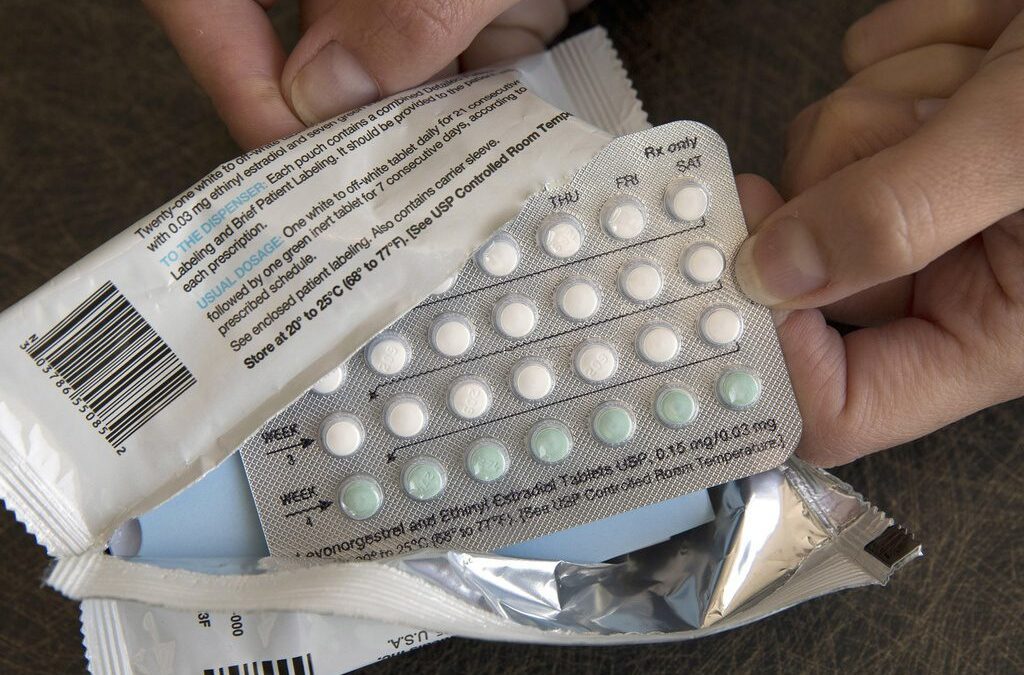
Misinformation about birth control is rampant on social media, alarming doctors
Doctors are concerned that misinformation about birth control might make some women get off it at a time when there are fewer options available for...
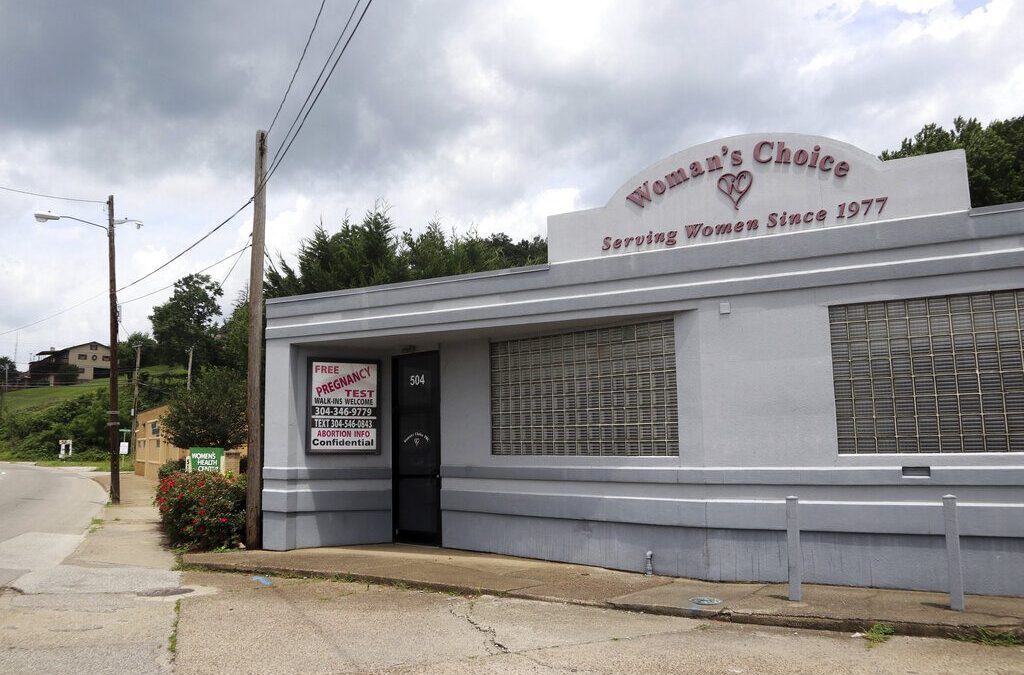
Crisis pregnancy centers give questionable advice on unproven ‘abortion pill reversal,’ study finds
A new study published in JAMA Internal Medicine found that 30% of these anti-abortion ‘fake clinics’ promote "abortion pill reversal," a treatment...
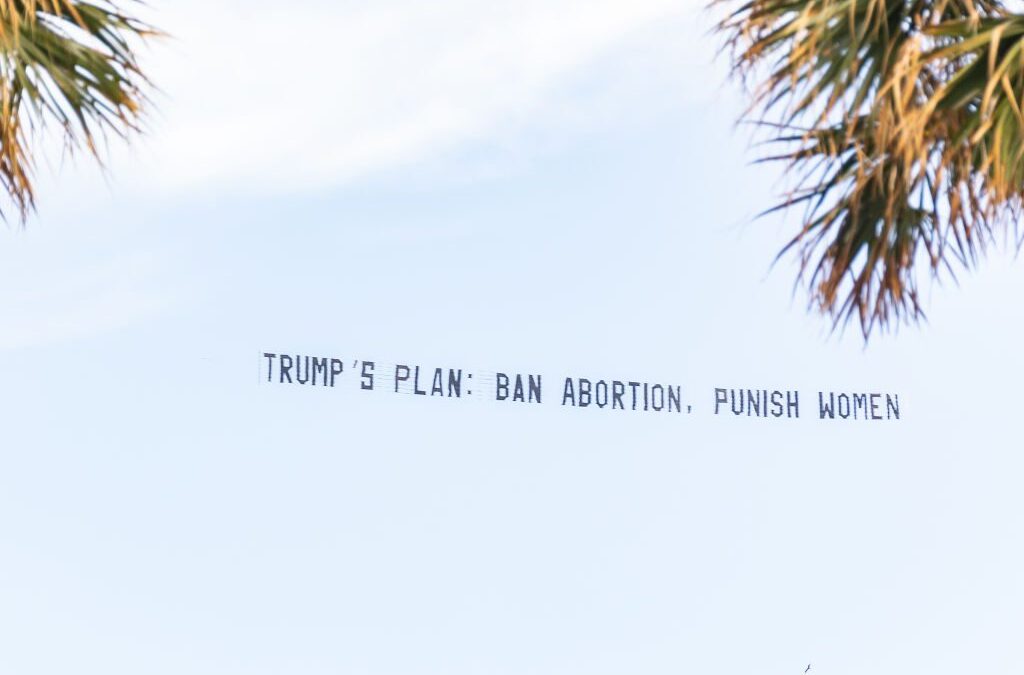
Opinion: Comstock is Trump and the GOP’s backdoor to a national abortion ban
In an op-ed, Kate Kelly highlights how the 1873 Comstock Act, passed at the behest of Anthony Comstock — a man so obsessed with abortion providers,...
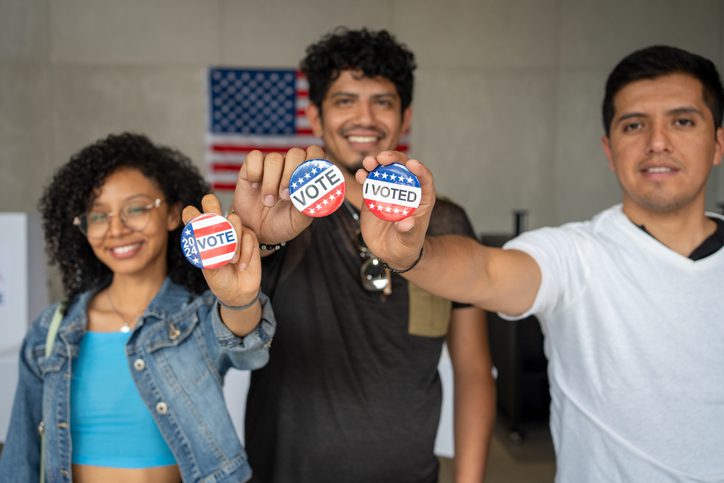
Opinion: What’s at stake for Latinos in the election–and why voting matters
In just two weeks, voters across the country will have an opportunity to decide what future and vision we have for this country. As executive...
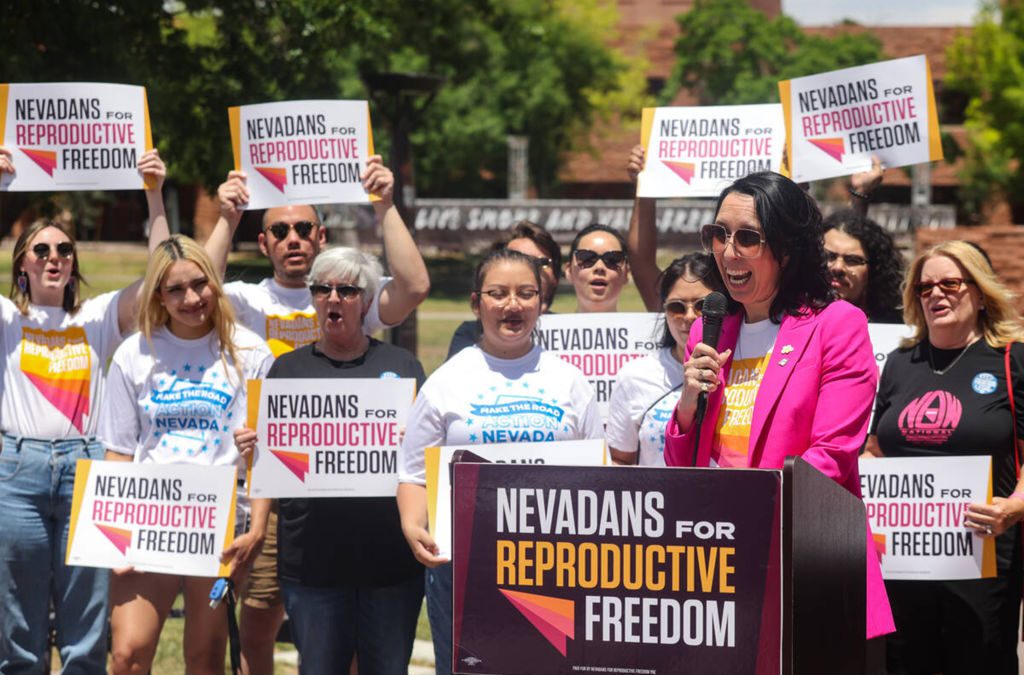
Opinion: The moral imperative to vote for reproductive freedom and against the vision of Project 2025
When it comes to securing the fundamental right to make our own reproductive health care decisions, it’s not always easy to see the connection to...




